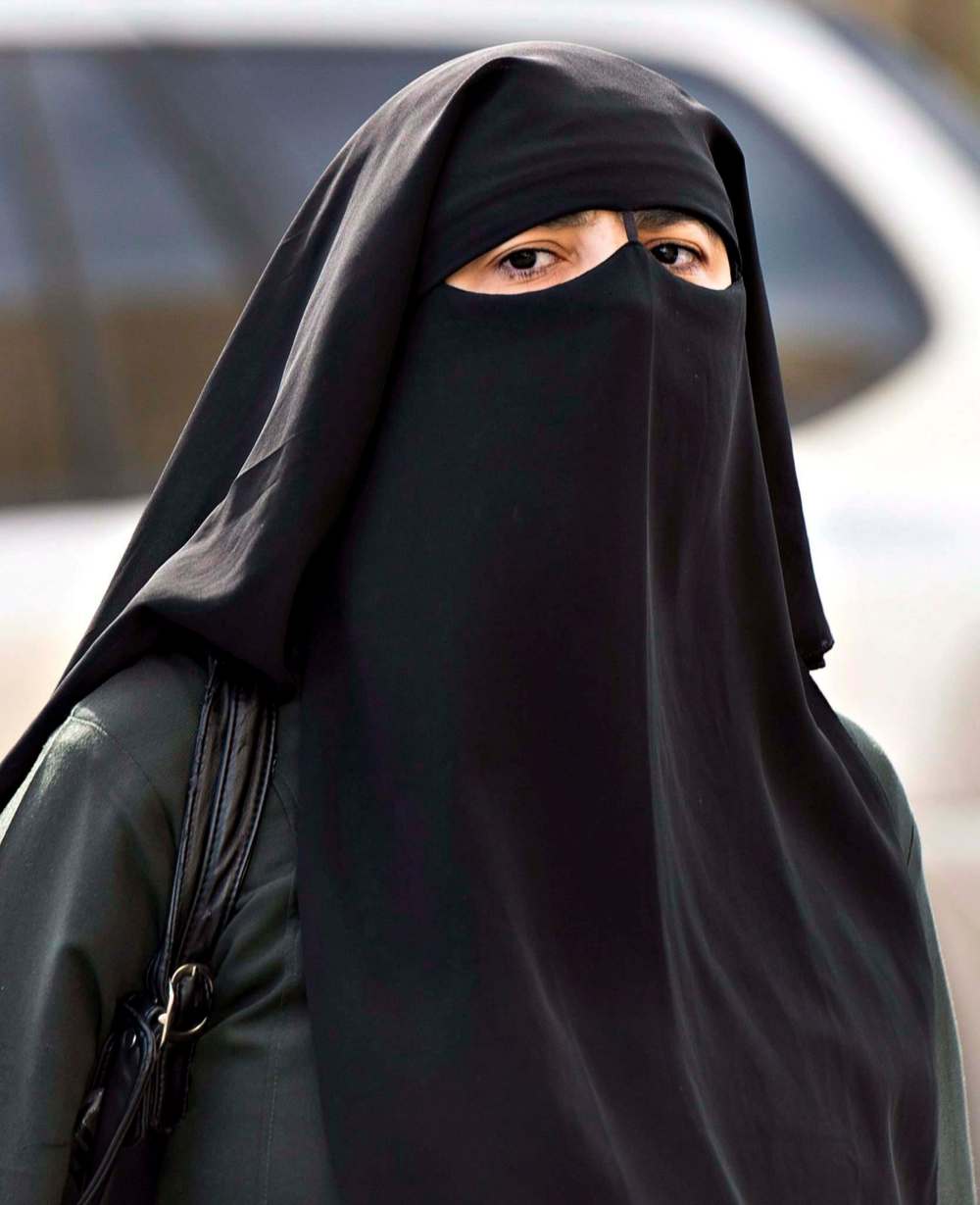Call Bill 62 what it is: hate legislation
Advertisement
Read this article for free:
or
Already have an account? Log in here »
To continue reading, please subscribe:
Monthly Digital Subscription
$1 per week for 24 weeks*
- Enjoy unlimited reading on winnipegfreepress.com
- Read the E-Edition, our digital replica newspaper
- Access News Break, our award-winning app
- Play interactive puzzles
*Billed as $4.00 plus GST every four weeks. After 24 weeks, price increases to the regular rate of $19.95 plus GST every four weeks. Offer available to new and qualified returning subscribers only. Cancel any time.
Monthly Digital Subscription
$4.99/week*
- Enjoy unlimited reading on winnipegfreepress.com
- Read the E-Edition, our digital replica newspaper
- Access News Break, our award-winning app
- Play interactive puzzles
*Billed as $19.95 plus GST every four weeks. Cancel any time.
To continue reading, please subscribe:
Add Free Press access to your Brandon Sun subscription for only an additional
$1 for the first 4 weeks*
*Your next subscription payment will increase by $1.00 and you will be charged $16.99 plus GST for four weeks. After four weeks, your payment will increase to $23.99 plus GST every four weeks.
Read unlimited articles for free today:
or
Already have an account? Log in here »
Hey there, time traveller!
This article was published 01/11/2017 (3033 days ago), so information in it may no longer be current.
A hate crime involves an act of violence or intimidation, and is directed towards a marginalized group; it is a mechanism of power. Quebec’s Bill 62 works the same way. The bill calls itself “religiously neutral” in a weak attempt to mask its true impact. The new Quebec law is an Islamophobic message to all Muslims, that extends far beyond the three per cent of Muslim women in all of Canada who wear a niqab or burka. Because of this new law, some Muslim women in Quebec will be “denied access to public services and made unwelcome in public spaces,” according to British Columbia Muslim Association president Daud Ismail.
While there is some relief that the largest cities and transit authorities in Quebec have called the law inapplicable and that it has been denounced by political leaders across Canada, the conversations continue from the Quebec government about the next steps for the bill.
Justice Minister Stéphanie Vallé commented that while politicians across Canada have voiced their disagreement, “it is our right to legislate with regards to social issues that are ‘ours’.” While Quebec tries to claim this is a unique “social issue,” it is only the actions of the provincial government that are unique; this is the first law in North America of its kind. Last week, Vallé claimed that the law is “not repressive,” and said women using public transit will only have to show their face while getting on the bus if using photo ID, and can then cover up again. Less than a week ago, Vallé said the opposite when explaining that faces will need to remain uncovered while using the public service. These comments, and Vallé’s explanation that the law has “no sanctions,” attempts to diminish the serious impact of this law while blatantly disregarding what is known about the steady rise of targeted Islamophobic violence in Canada.

Debra Parkes, chair in feminist legal studies at the University of British Columbia, comments that “Bill 62 is, in my view, quite obviously unconstitutional… clearly targeting this group of women, and it has only the thinnest veneer of attempted justification for that by saying that there will some exemption procedures.”
While there is a religious exemption within the law, there is nothing clear about how that will be implemented, and the heart the bill can’t be excused by its own contradictions. Parkes goes on to say that “the whole issue around women’s dress being a site of regulation actually contributes to violence against women rather than shifting our conversations.”
Statistics Canada shows that attacks against Muslims jumped by 60 per cent, with 159 incidents reported in 2015, while it is known that the numbers of hate crimes are massively under-reported. This year experts shared concerns that hate crimes against Muslims would continue to rise in Canada given the divisive rhetoric from U.S. President Donald Trump. The executive director of the NGO JAN Trust told Time earlier this year that her organization recorded a 31 per cent rise in Islamophobic hate crime directed at Muslim women in 2017 from 2016. Alia Hogben, executive director for the Canadian Council of Muslim Women explains that “there has been quite an increase in hate crimes and harassment in the last year or so. We think Trump is in the States, but his influence has passed here.”
It was merely nine months ago when one of the worst terrorist attacks in Canadian history took place in Quebec. A gunman opened fired upon worshippers in the Islamic Cultural Centre of Quebec, killing six and wounding 19. With this tragedy so recent, we would hope for laws and policies working against discrimination that denounce violence and hate. Yet, the Quebec government uses its power and resources to design an Islamophobic dress code for women. The law’s implementation, potential sanctions and exemptions, and the operational details, are all secondary to this being hate legislation. This law is a threat to freedom, equality, and dignity, and increases the threat of security of an already targeted group.
Haley Hrymak is a Winnipeg lawyer who is currently working on her master of laws degree at the University of British Columbia.

